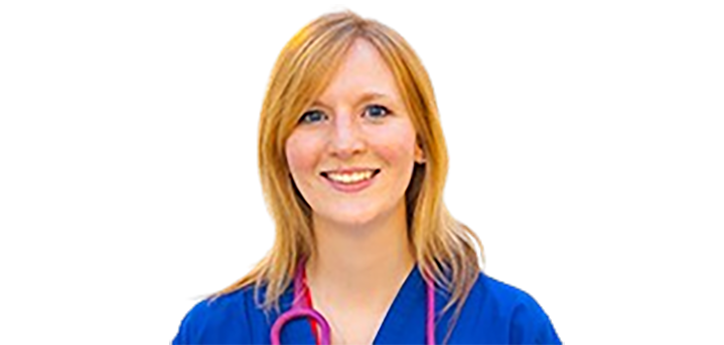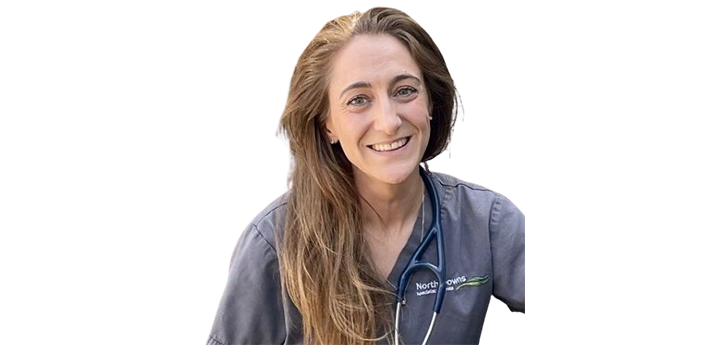Postgraduate in Small Animal Soft Tissue Surgery
Obtain your credential - PgCert. ST Surg. ifevet
Postgraduate in Small Animal Soft Tissue Surgery
Obtain your credential -
PgCert. ST Surg. ifevet
Start date
19th September 2026
Timetable streaming
Saturday, 9 to 18:30 Sunday, 9 to 14:30
Timetable presential
Saturday, 9 to 17:30
Sunday, 9 to 17:30
ECTS Credits
30 ECTS credits
Number of modules
12 modules
Modality
Blended
Number of students
14 students
Start date
27th September 2025
Timetable streaming
Saturday 9 to 18:30 Sunday 9 to 14:30
Timetable presential
Saturday, 9 to 17:30
Sunday, 9 to 17:30
ECTS Credits
30 ECTS credits
Number of modules
12 modules
Modality
Blended
Number of students
14 students
- Description
- Speakers
- Programme
- Pricing
Certification obtained
After passing the postgraduate university training, you will be able to obtain the following credentials to use in your CV:
• International Credential: PgCert. ST Surg. ifevet
• Certification obtained: Postgraduate Certificate in Small Animal Soft Tissue Surgery (ifevet)
Course Objective
The course aims to provide students with theoretical foundations for dealing with the most common soft tissue surgeries in veterinary clinics. The primary objective is for students to develop scientifically grounded work habits with immediate practical application.
Structure and benefits of the postgraduate programme
The postgraduate program comprises modules with theoretical classes enabling students to systematically approach the basics of soft tissue surgery. Each module will be taught by one or several specialists certified in their respective fields to ensure the highest quality training.
At the end of each module, students will gain comprehensive insight into treatment possibilities and approaches to surgical patients. They will be capable of conducting a complete patient assessment, making a differential diagnosis, and planning appropriate diagnostic and treatment procedures. Moreover, they will learn to discern different immediate action scenarios, how to proceed, and most importantly, they will know how to establish the next step without the frustration of feeling lost.
Target Audience
Designed for professionals working in first opinion or emergency practice, this course aims to deepen their knowledge in the specialty, update their skills, and introduce innovative aspects applicable to daily practice.
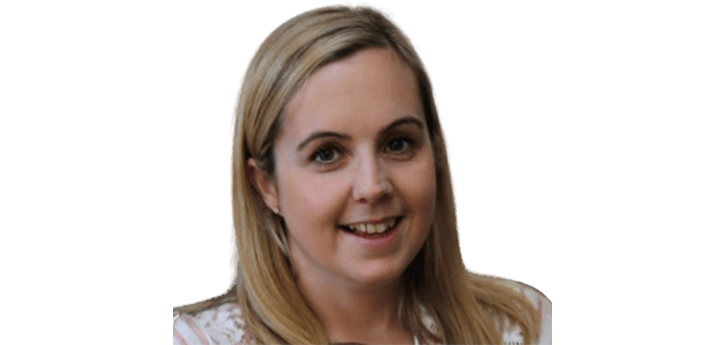
Nicola Kulendra
BVetMed (Hons), MVetMed CertVDI, PGCert (VetEd), DiplECVS FRCVS, EBVS® European Specialist in small animal surgery | Director of Soft Tissue Surgery postgradute course
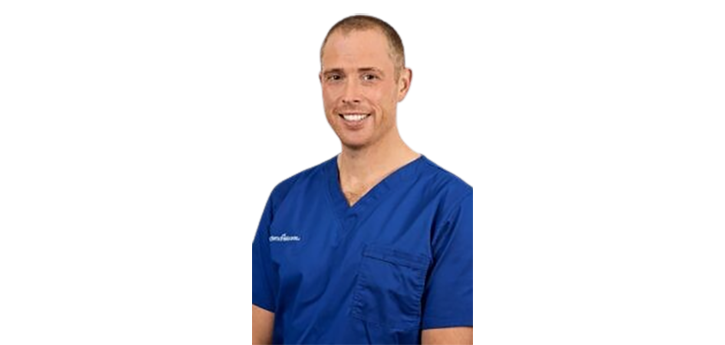
Andrew Phillips
BVetMed MVetMed DipECVS PGCert Vet Ed FHEA MRCVS, EBVS® European Specialist in small animal surgery
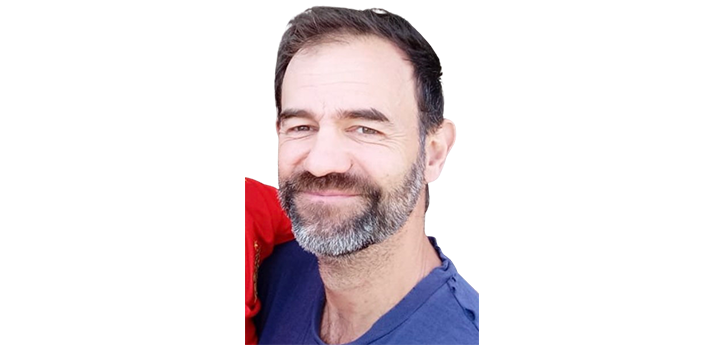
Benito de la Puerta
Ldo CertSAS Dip. ECVS MRCVS, EBVS® European Specialist In Veterinary Neurology And RCVS Specialist In Veterinary Neurology
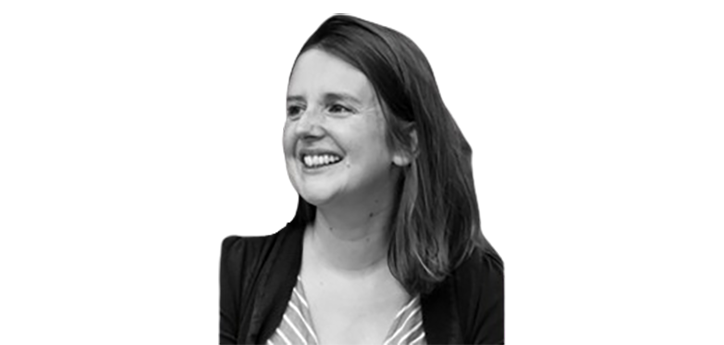
Date: 19th September 2026
Modality: Streaming
Competencies and objectives:
- Establish the fundamentals of soft tissue surgery in small animal clinics.
- Understand the justification of antimicrobials and their impact.
- Recognise the most common instruments, suture patterns, knots and suture materials.
- Understand the fundamentals of peri-operative case management including patient stabilisation and pain scoring.
- Establish oncological surgery principles.
- Define the different types of mass excision.
- Recognise the draining lymph nodes to different areas and how to remove them.
Module Summary:
- Halstead’s principles and their application to clinical practice.
- Haemostasis and blood transfusions.
- Theatre checklists and links to outcome in human surgeries.
- How to suture, suture techniques and choosing the correct material.
- How to tie knots, including slip knot and modified Miller’s knot.
- Perioperative antimicrobial prophylaxis and appropriate use of antibiotics.
- Principles of oncologic surgery.
- Wound infections and surgical site infections.
- Patient and surgeon preparation.
- Sustainable surgery.
Speaker: Nicola Kulendra, Heather Williams
Date: 20th September 2026
Modality: Streaming
Competencies and objectives:
- Identify the anatomical features of the larynx and how to perform an arytenoid lateralisation procedure.
- Interpret clinical and diagnostic findings to manage oropharyngeal stick injuries and salivary mucocoeles.
- Define the treatment options for sinonasal aspergillosis.
- Recognise the most common indications for ear surgeries and the decision making behind the techniques.
- Recognise the features of brachycephalic obstructive airway syndrome (BOAS) and the principles of surgery.
Module Summary:
- The nose; rhinoplasty, nasal masses.
- Salivary gland diseases and surgery.
- Management of sinonasal aspergillosis; nasal cannulas and frontal sinus trephination.
- The larynx; laryngeal paralysis, biopsy, laryngeal collapse.
- Ventral neck – exploration for stick injuries, foreign bodies, abscesses.
- Ear – aural haematoma, lateral wall resection, total ear canal ablation and lateral bulla osteotomy, ventral bulla osteotomy.
- BOAS surgery.
Speaker: Zoe Halfacree
Date: 3rd October 2026
Location: Presential – Central CPD (The Clinical Skills Lab, 204a Manor Place, Kennington, London, SE17 3BN)
Practical day summary:
- Instrument handling.
- How to suture: intradermals, continuous.
- Different knots: sliding, Modified Millers, Aberdeen.
- How to drain a chest.
- Mila chest drain.
- Oesophagostomy tube.
- Naso-oesophageal feeding tube.
- Urethral catheter.
- Cystostomy tube.
- Gastrostomy tube.
Speaker: Nicola Kulendra
Date: 4th October 2026
Loocation:Presential – Central CPD (The Clinical Skills Lab, 204a Manor Place, Kennington, London, SE17 3BN)
Practical day summary
- BOAS surgery.
- Lip resection.
- Salivary mucocoele.
- Aural haematoma.
- Pinnectomy.
- TECA-LBO.
- Ventral neck exploration.
- Thyroidectom.
Speaker: Zoe Halfacree
Date: 24th October 2026
Modality: Streaming
Competencies and objectives:
- Identify features of the gastrointestinal tract and how to improve the outcome for patients.
- Recognise the diagnostic imaging features of common gastrointestinal conditions.
- Understand common indications for gastrointestinal surgery and surgical techniques.
- Define the underlying causes, diagnosis and treatment of septic peritonitis.
- Understand the pathophysiology of portosystemic shunts and surgical management.
- Diagnose and manage a haemoabdomen and understand the principles behind splenectomy.
- Identify a cleft palate and principles of surgical repair.
Module Summary:
- Factors affecting healing of the gastrointestinal tract.
- How to perform a gastrotomy, gastrectomy, enterotomy, enterectomy, biopsy and rectal eversion.
- Diagnosis and management of gastrointestinal foreign bodies, intussusception and neoplasia.
- Diagnosis and management of septic peritonitis.
- GDV: patient stabilisation, diagnosis and management.
- Colonic surgery.
- Rectal masses.
- Portosystemic shunts.
- Perineal hernia.
Speaker: Andrew Phillips
Date: 25th October 2026
Modality: Streaming
Competencies and objectives:
- Understand the diagnosis and differentials for haemabdomen.
- Identify the blood vessels to the spleen and techniques of how to perform a splenectomy.
- Understand the anatomy of the abdominal wall and types of body wall ruptures and hernias.
- Define the indications and surgical techniques for types of amputations, diaphragmatic and body wall ruptures and hernias.
Module Summary:
- Haemaoabdomen principles and splenectomy.
- Principles of herniorrhaphy including common hernias.
- Diaphragmatic hernias.
- Amputations: digit, tail, front limb, hind lim.
Speaker: Zoe Halfacree
Date: 14th November 2026
Location:Presential – Central CPD (The Clinical Skills Lab, 204a Manor Place, Kennington, London, SE17 3BN)
Practical day summary:
- Exploratory laparotomy.
- Gastrotomy.
- Gastrectomy.
- Enterotomy.
- Enterectomy (simple vs caudal duodenal flexure/iliocaecocolic valve).
- Biopsy techniques (stomach, intestine, liver, pancreas, lymph node).
Speaker: Andrew Phillips
Date: 15th November 2026
Location:Presential – Central CPD (The Clinical Skills Lab, 204a Manor Place, Kennington, London, SE17 3BN)
Competencies and objectives:
- Diaphragmatic rupture.
- Incisional gastropexy.
- Splenectomy.
- Inguinal ring and principles of herniorrhaphy.
- Amputate digit, tail, front limb, hind limb.
Speaker: Zoe Halfacree
Date: 28th November 2026
Modality: Streaming
Competencies and objectives:
- Understand the anatomy and physiology of the genital and urinary tract.
- Define the techniques for neutering including recent controversies.
- Understand common urinary tract surgeries.
- Identify parameters to diagnose uroabdomen and uroretroperitoneum.
- Differentiate management of different uroliths.
- Understand the pathophysiology of urinary incontinence and how to manage common conditions.
Module Summary:
- Female genital tract: ovariectomy vs ovariohysterectomy, laparoscopiuc ovariectomy, vaginal diseases and episiotomy.
- Male reproductive tract.
- Placement of urethral catheters.
- Diagnostic imaging of the urogenital tract.
- Renal diseases and nephrectomy.
- Ureteric diseases including obstruction and ectopic ureters.
- Cystotomy and cystectomy.
- Management of urolith cases.
- Urethral obstruction and rupture.
- Urethrostomies.
- Urinary incontinence.
Speaker: Lynda Rutherford
Date: 29th November 2026
Modality: Streaming
Competencies and objectives:
- Understand the structure of the skin and how wounds heal.
- Understand how to manage open wounds and to encourage wound healing.
- Define the different types of flaps, grafts and methods of wound closure.
Module Summary:
- Skin structure and different types of wound healing.
- How to manage open wounds and dressing techniques.
- Tension reliving techniques including skin stretching.
- Subdermal plexus flaps.
- Axial pattern flaps.
- Skin grafts.
- Management of specific wounds e.g. burns, airgun pellets.
Speaker: Benito de la Puerta
Date: 12th December 2026
Location:Presential – Central CPD (The Clinical Skills Lab, 204a Manor Place, Kennington, London, SE17 3BN)
Practical day summary:
- Basic mass/wounds and reconstruction.
- Subdermal plexus flaps
- Axillary/inguinal fold flap.
- Advancement flap.
- H plasty.
- Phalangeal filet.
- Axial pattern flaps
- Caudal superficial epigastric.
- Thoracodorsal.
- Caudal (tail).
- Skin graft.
Speaker: Benito de la Puerta
Date: 13th December 2026
Location:Presential – Central CPD (The Clinical Skills Lab, 204a Manor Place, Kennington, London, SE17 3BN)
Practical day summary:
- Ovariectomy.
- Cystotomy/cystectomy.
- Identify ureters.
- Nephrectomy.
- Colposuspension.
- Urethrotomy/urethrostomy.
Speaker: Lynda Rutherford
We offer two payment options:
- Pay in full via credit or debit card, or BACS
- Interest-free instalments
For more details on interest-free instalment options, please complete the ‘Request for More Information’ form.
· Price (exam included):
- United Kingdom:
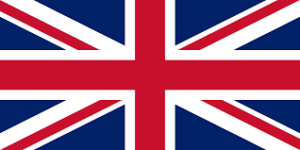 United Kingdom – £ 8,900
United Kingdom – £ 8,900
- Other countries:
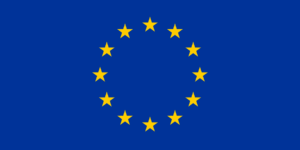 Europe – 9,900 €
Europe – 9,900 €  Australia – $ 18,800
Australia – $ 18,800 New Zealand – $ 20,300
New Zealand – $ 20,300 USA – $ 11,400
USA – $ 11,400
* Note: The digital certificate is included in the programme fee.
Terms and conditions of payment
To complete your enrolment, kindly submit the online registration form by selecting ‘Register Now’ and proceed with your first payment, either in full or as the initial instalment.
If you have chosen our instalment plan, the monthly payments must be made via direct debit within the first 10 days of each month.
All payments must be completed before the final exam in order for the PgCert certificate and credentials to be issued.
Certification obtained
After passing the postgraduate university training, you will be able to obtain the following credentials to use in your CV:
• International Credential: PgCert. ST Surg. ifevet
• Certification obtained: Postgraduate Certificate in Small Animal Soft Tissue Surgery (ifevet)
Course Objective
The course aims to provide students with theoretical foundations for dealing with the most common soft tissue surgeries in veterinary clinics. The primary objective is for students to develop scientifically grounded work habits with immediate practical application.
Structure and benefits of the postgraduate programme
The postgraduate program comprises modules with theoretical classes enabling students to systematically approach the basics of soft tissue surgery. Each module will be taught by one or several specialists certified in their respective fields to ensure the highest quality training.
At the end of each module, students will gain comprehensive insight into treatment possibilities and approaches to surgical patients. They will be capable of conducting a complete patient assessment, making a differential diagnosis, and planning appropriate diagnostic and treatment procedures. Moreover, they will learn to discern different immediate action scenarios, how to proceed, and most importantly, they will know how to establish the next step without the frustration of feeling lost.
Target Audience
Designed for professionals working in first opinion or emergency practice, this course aims to deepen their knowledge in the specialty, update their skills, and introduce innovative aspects applicable to daily practice.

Nicola Kulendra
BVetMed (Hons), MVetMed CertVDI, PGCert (VetEd), DiplECVS FRCVS, EBVS® European Specialist in small animal surgery | Director of Soft Tissue Surgery postgradute course

Andrew Phillips
BVetMed MVetMed DipECVS PGCert Vet Ed FHEA MRCVS, EBVS® European Specialist in small animal surgery

Benito de la Puerta
Ldo CertSAS Dip. ECVS MRCVS, EBVS® European Specialist In Veterinary Neurology And RCVS Specialist In Veterinary Neurology

Date: 19th September 2026
Modality: Streaming
Competencies and objectives:
- Establish the fundamentals of soft tissue surgery in small animal clinics.
- Understand the justification of antimicrobials and their impact.
- Recognise the most common instruments, suture patterns, knots and suture materials.
- Understand the fundamentals of peri-operative case management including patient stabilisation and pain scoring.
- Establish oncological surgery principles.
- Define the different types of mass excision.
- Recognise the draining lymph nodes to different areas and how to remove them.
Module Summary:
- Halstead’s principles and their application to clinical practice.
- Haemostasis and blood transfusions.
- Theatre checklists and links to outcome in human surgeries.
- How to suture, suture techniques and choosing the correct material.
- How to tie knots, including slip knot and modified Miller’s knot.
- Perioperative antimicrobial prophylaxis and appropriate use of antibiotics.
- Principles of oncologic surgery.
- Wound infections and surgical site infections.
- Patient and surgeon preparation.
- Sustainable surgery.
Speaker: Nicola Kulendra, Heather Williams
Date: 20th September 2026
Modality: Streaming
Competencies and objectives:
- Identify the anatomical features of the larynx and how to perform an arytenoid lateralisation procedure.
- Interpret clinical and diagnostic findings to manage oropharyngeal stick injuries and salivary mucocoeles.
- Define the treatment options for sinonasal aspergillosis.
- Recognise the most common indications for ear surgeries and the decision making behind the techniques.
- Recognise the features of brachycephalic obstructive airway syndrome (BOAS) and the principles of surgery.
Module Summary:
- The nose; rhinoplasty, nasal masses.
- Salivary gland diseases and surgery.
- Management of sinonasal aspergillosis; nasal cannulas and frontal sinus trephination.
- The larynx; laryngeal paralysis, biopsy, laryngeal collapse.
- Ventral neck – exploration for stick injuries, foreign bodies, abscesses.
- Ear – aural haematoma, lateral wall resection, total ear canal ablation and lateral bulla osteotomy, ventral bulla osteotomy.
- BOAS surgery.
Speaker: Zoe Halfacree
Date: 3rd October 2026
Location: Presential – Central CPD (The Clinical Skills Lab, 204a Manor Place, Kennington, London, SE17 3BN)
Practical day summary:
- Instrument handling.
- How to suture: intradermals, continuous.
- Different knots: sliding, Modified Millers, Aberdeen.
- How to drain a chest.
- Mila chest drain.
- Oesophagostomy tube.
- Naso-oesophageal feeding tube.
- Urethral catheter.
- Cystostomy tube.
- Gastrostomy tube.
Speaker: Nicola Kulendra
Date: 4th October 2026
Loocation:Presential – Central CPD (The Clinical Skills Lab, 204a Manor Place, Kennington, London, SE17 3BN)
Practical day summary
- BOAS surgery.
- Lip resection.
- Salivary mucocoele.
- Aural haematoma.
- Pinnectomy.
- TECA-LBO.
- Ventral neck exploration.
- Thyroidectom.
Speaker: Zoe Halfacree
Date: 24th October 2026
Modality: Streaming
Competencies and objectives:
- Identify features of the gastrointestinal tract and how to improve the outcome for patients.
- Recognise the diagnostic imaging features of common gastrointestinal conditions.
- Understand common indications for gastrointestinal surgery and surgical techniques.
- Define the underlying causes, diagnosis and treatment of septic peritonitis.
- Understand the pathophysiology of portosystemic shunts and surgical management.
- Diagnose and manage a haemoabdomen and understand the principles behind splenectomy.
- Identify a cleft palate and principles of surgical repair.
Module Summary:
- Factors affecting healing of the gastrointestinal tract.
- How to perform a gastrotomy, gastrectomy, enterotomy, enterectomy, biopsy and rectal eversion.
- Diagnosis and management of gastrointestinal foreign bodies, intussusception and neoplasia.
- Diagnosis and management of septic peritonitis.
- GDV: patient stabilisation, diagnosis and management.
- Colonic surgery.
- Rectal masses.
- Portosystemic shunts.
- Perineal hernia.
Speaker: Andrew Phillips
Date: 25th October 2026
Modality: Streaming
Competencies and objectives:
- Understand the diagnosis and differentials for haemabdomen.
- Identify the blood vessels to the spleen and techniques of how to perform a splenectomy.
- Understand the anatomy of the abdominal wall and types of body wall ruptures and hernias.
- Define the indications and surgical techniques for types of amputations, diaphragmatic and body wall ruptures and hernias.
Module Summary:
- Haemaoabdomen principles and splenectomy.
- Principles of herniorrhaphy including common hernias.
- Diaphragmatic hernias.
- Amputations: digit, tail, front limb, hind lim.
Speaker: Zoe Halfacree
Date: 14th November 2026
Location:Presential – Central CPD (The Clinical Skills Lab, 204a Manor Place, Kennington, London, SE17 3BN)
Practical day summary:
- Exploratory laparotomy.
- Gastrotomy.
- Gastrectomy.
- Enterotomy.
- Enterectomy (simple vs caudal duodenal flexure/iliocaecocolic valve).
- Biopsy techniques (stomach, intestine, liver, pancreas, lymph node).
Speaker: Andrew Phillips
Date: 15th November 2026
Location:Presential – Central CPD (The Clinical Skills Lab, 204a Manor Place, Kennington, London, SE17 3BN)
Competencies and objectives:
- Diaphragmatic rupture.
- Incisional gastropexy.
- Splenectomy.
- Inguinal ring and principles of herniorrhaphy.
- Amputate digit, tail, front limb, hind limb.
Speaker: Zoe Halfacree
Date: 28th November 2026
Modality: Streaming
Competencies and objectives:
- Understand the anatomy and physiology of the genital and urinary tract.
- Define the techniques for neutering including recent controversies.
- Understand common urinary tract surgeries.
- Identify parameters to diagnose uroabdomen and uroretroperitoneum.
- Differentiate management of different uroliths.
- Understand the pathophysiology of urinary incontinence and how to manage common conditions.
Module Summary:
- Female genital tract: ovariectomy vs ovariohysterectomy, laparoscopiuc ovariectomy, vaginal diseases and episiotomy.
- Male reproductive tract.
- Placement of urethral catheters.
- Diagnostic imaging of the urogenital tract.
- Renal diseases and nephrectomy.
- Ureteric diseases including obstruction and ectopic ureters.
- Cystotomy and cystectomy.
- Management of urolith cases.
- Urethral obstruction and rupture.
- Urethrostomies.
- Urinary incontinence.
Speaker: Lynda Rutherford
Date: 29th November 2026
Modality: Streaming
Competencies and objectives:
- Understand the structure of the skin and how wounds heal.
- Understand how to manage open wounds and to encourage wound healing.
- Define the different types of flaps, grafts and methods of wound closure.
Module Summary:
- Skin structure and different types of wound healing.
- How to manage open wounds and dressing techniques.
- Tension reliving techniques including skin stretching.
- Subdermal plexus flaps.
- Axial pattern flaps.
- Skin grafts.
- Management of specific wounds e.g. burns, airgun pellets.
Speaker: Benito de la Puerta
Date: 12th December 2026
Location:Presential – Central CPD (The Clinical Skills Lab, 204a Manor Place, Kennington, London, SE17 3BN)
Practical day summary:
- Basic mass/wounds and reconstruction.
- Subdermal plexus flaps
- Axillary/inguinal fold flap.
- Advancement flap.
- H plasty.
- Phalangeal filet.
- Axial pattern flaps
- Caudal superficial epigastric.
- Thoracodorsal.
- Caudal (tail).
- Skin graft.
Speaker: Benito de la Puerta
Date: 13th December 2026
Location:Presential – Central CPD (The Clinical Skills Lab, 204a Manor Place, Kennington, London, SE17 3BN)
Practical day summary:
- Ovariectomy.
- Cystotomy/cystectomy.
- Identify ureters.
- Nephrectomy.
- Colposuspension.
- Urethrotomy/urethrostomy.
Speaker: Lynda Rutherford
We offer two payment options:
- Pay in full via credit or debit card, or BACS
- Interest-free instalments
For more details on interest-free instalment options, please complete the ‘Request for More Information’ form.
· Price (exam included):
- United Kingdom:
 United Kingdom – £ 8,900
United Kingdom – £ 8,900
- Other countries:
 Europe – 9,900 €
Europe – 9,900 €  Australia – $ 18,800
Australia – $ 18,800 New Zealand – $ 20,300
New Zealand – $ 20,300 USA – $ 11,400
USA – $ 11,400
* Note: The digital certificate is included in the programme fee.
Terms and conditions of payment
To complete your enrolment, kindly submit the online registration form by selecting ‘Register Now’ and proceed with your first payment, either in full or as the initial instalment.
If you have chosen our instalment plan, the monthly payments must be made via direct debit within the first 10 days of each month.
All payments must be completed before the final exam in order for the PgCert certificate and credentials to be issued.
Testimonials from our students...
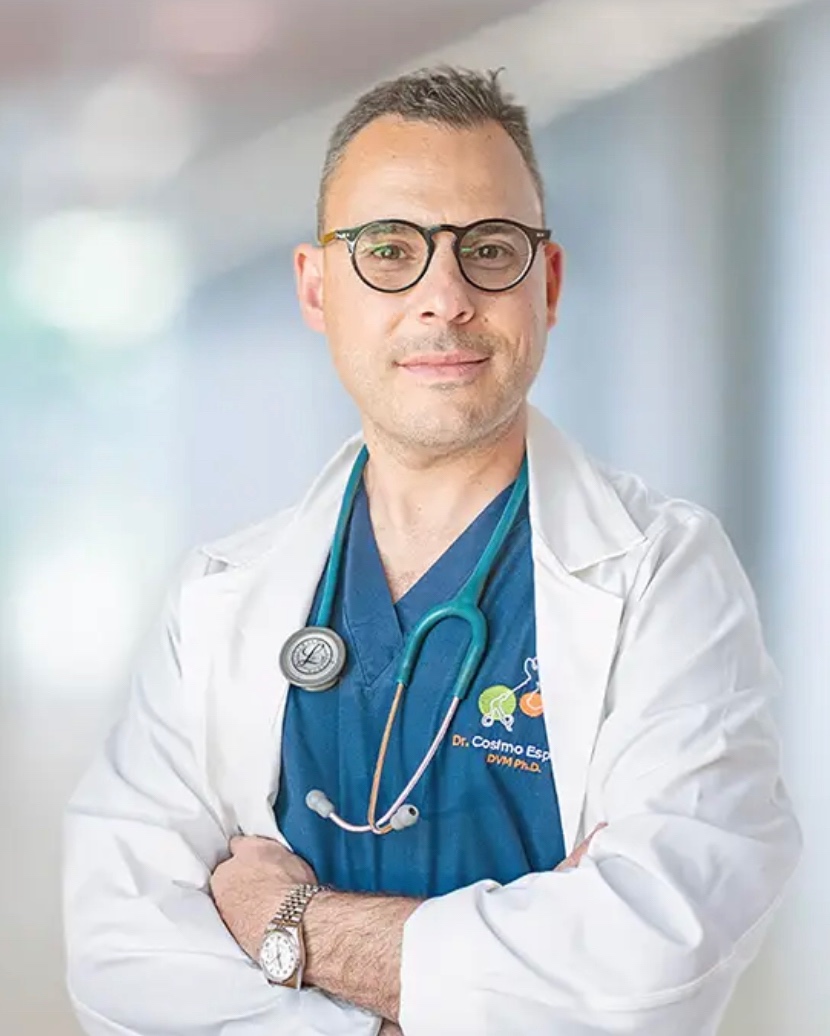
Testimonials from our students...

Contact us
If you would like to request information about any of our training services, you can fill out the following form or contact us by phone or email
- +44 7862 146532
- [email protected]
- From 8.00am to 17.00pm
Request for information
Contact us
If you would like to request information about any of our training services, you can fill out the following form or contact us by phone or email
- +44 7862 146532
- [email protected]
- From 8.00am to 17.00pm
Request for information
Contact us
If you would like to request information about any of our training services, please fill in the following form or contact us by phone or email
- +44 7862 146532
- [email protected]
- From 8.00am to 17.00pm
Request for information
Contact us
If you would like to request information about any of our training services, please fill in the following form or contact us by phone or email
- +44 7862 146532
- [email protected]
- From 8.00am to 17.00pm



